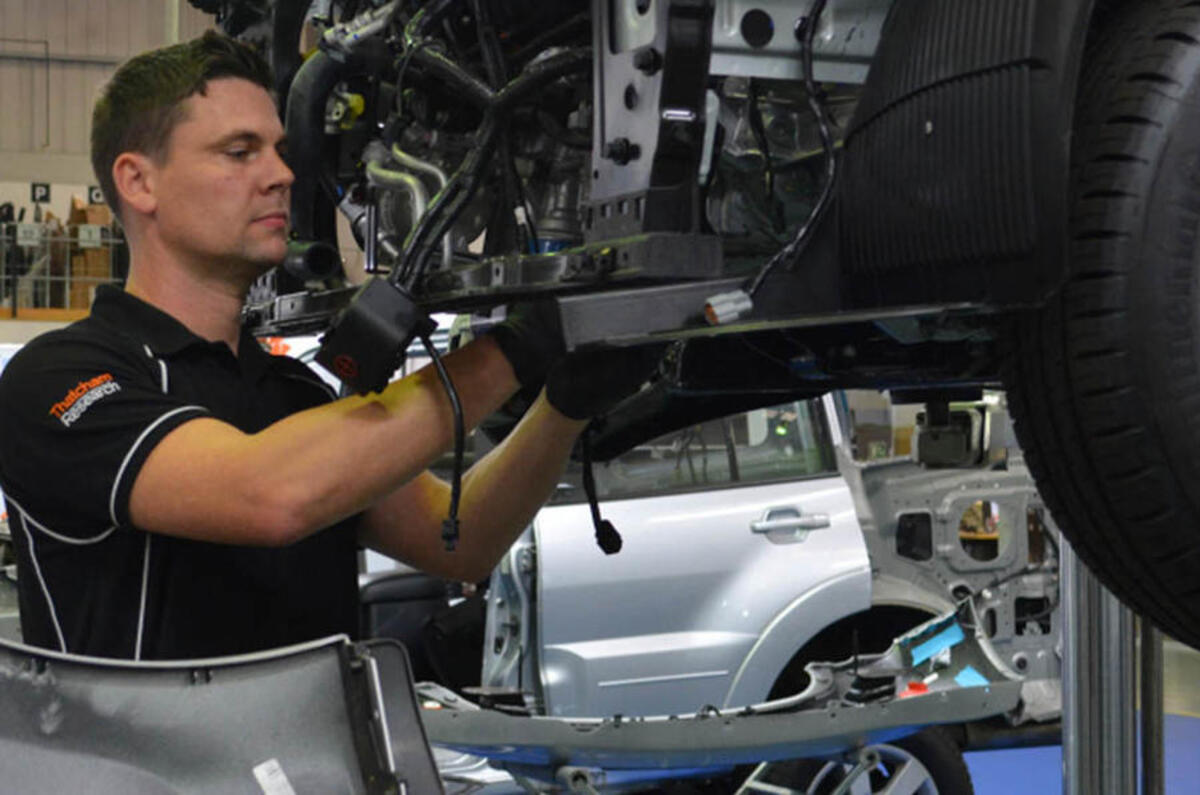In the coming days, my company Ennis & Co will be publishing a research report on the skills gaps being experienced across the automotive and mobility sector and the way the industry is responding based on in-depth interviews with 44 senior business leaders. It doesn’t make for pretty reading.
Almost all of those interviewed told us that skills shortages were one of the biggest threats to their bottom line, with many businesses feeling insufficiently resourced to take advantage of technological advances in electrification and digitalisation.




Add your comment